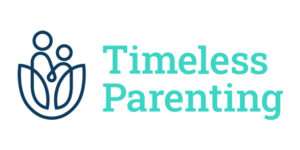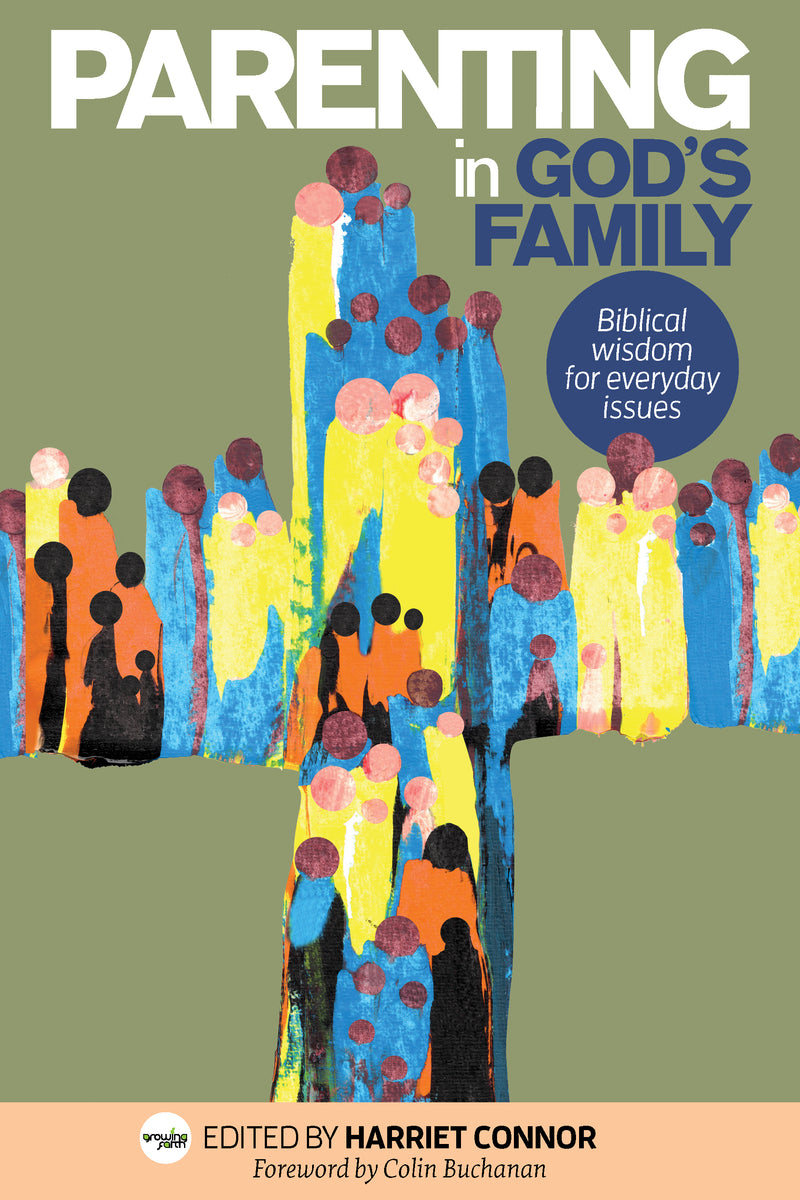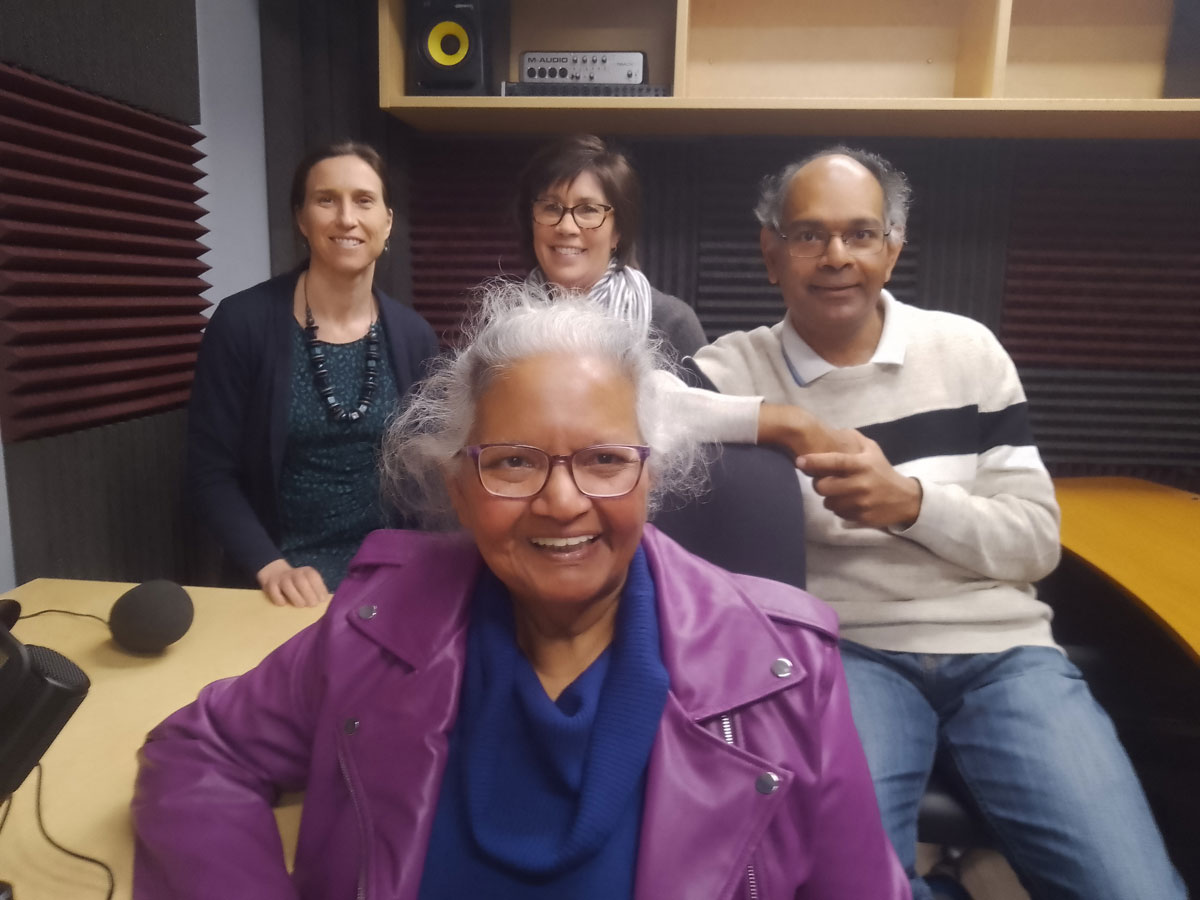In recent years it has become taboo to talk about the differences between men and women, especially those that appear to reflect negatively on women. Some people fear that any admission of difference will lead to discrimination against women and the limitation of their freedom. Another concern is that any generalisation about men and women could become a harmful stereotype used to justify mistreatment or exclusion. Finally, many people have become reticent to articulate any general gender differences lest they alienate those whose experience or expression of gender is atypical.
Most Christians agree that men and women are different, but very few are comfortable explaining how they differ. For some, this is because they do not want to go beyond what they consider the explicit teaching of Scripture. Others assume that any generalisation made about men and women must be a damaging and universalising stereotype. In this article I want to suggest that when gender differences are carefully observed, explored and discussed it is actually helpful. It can lead us to appreciate one another, help each other, work well together and, ultimately, give glory to the God who created us.
I grew up in a family where gender stereotypes were consistently overturned. My mother was (and still is) a full-time career woman who climbed to the top of the corporate ladder in a traditionally male field—construction. Mum would come home complaining about the men she worked with, listing off the things that men were simply incapable of doing—just like she’d read about in the classic book Men Are from Mars, Women Are from Venus. My sister and I would question, “But what about Dad?” (who is the opposite of your ‘typical Aussie bloke’). Mum would just laugh and reply, “Oh he doesn’t count!”
Having no brothers, and a dad who “didn’t count”, it was quite a shock when I got married and ended up with four sons. Sometimes I did feel like I was in a house full of people from another planet. The way my husband tended to approach parenting didn’t make sense to me. And the way my sons thought, played and communicated often baffled, even upset me. So in my own family life I have found it immensely helpful to learn about the general differences between men and women, boys and girls, mothers and fathers, so that instead of being baffled, frustrated or disappointed by the males in my life, I can start to appreciate and rejoice in our differences.
It’s OK to observe reality
It is important to recognise that there is a significant difference between a stereotype and a generalisation. A stereotype is an absolute exaggerated categorisation of an entire group of people, with no room for nuance or exceptions. For example, “Germans don’t have a sense of humour”, “Women are intuitive and empathetic” or “Men are better at maths”. A stereotype usually implies a judgement of one group as superior/inferior to another or an evaluation of an individual’s behaviour as normal/abnormal. Such statements can indeed be harmful. By contrast, a generalisation about gender differences is simply an observation about what is generally true for most people, usually based on extensive personal experience and/or scientific research. Importantly, there is no “ought” to be derived from making a general “is” statement about men and women.









